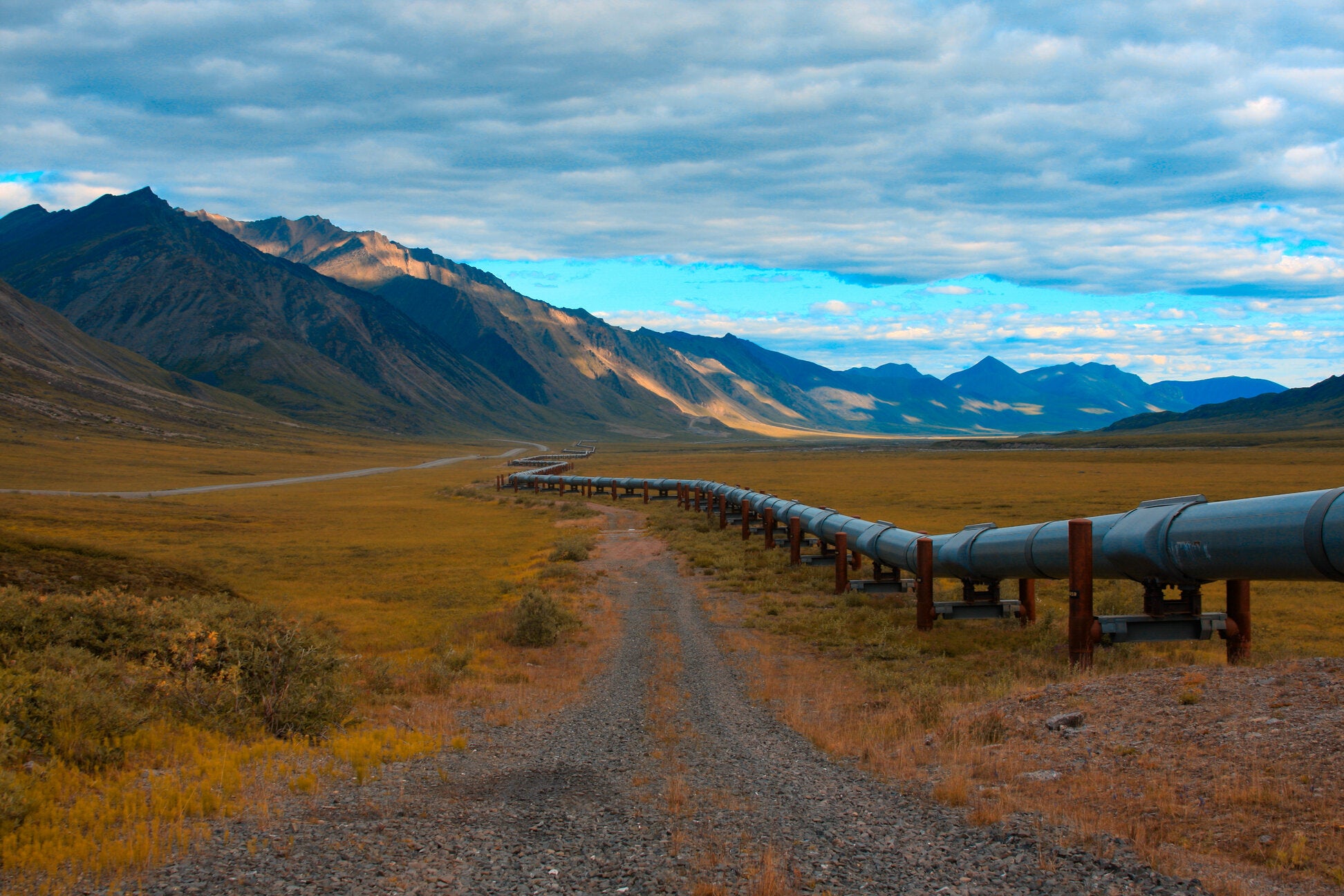
The US government has approved a scaled-back version of ConocoPhillips’$7bn oil and gas drilling project in Alaska, the U.S. Department of Interior said on Monday.
The Biden Administration had said in February that it would support a scaled-back version of the initial proposal made by the Alaskan crude oil producer.

Discover B2B Marketing That Performs
Combine business intelligence and editorial excellence to reach engaged professionals across 36 leading media platforms.
The project will lay inside the National Petroleum Reserve in Alaska (NPR-A), a 23 million acre area on the state’s North Slope, which is the largest region of undisturbed public land in the US.
ConocoPhillips had originally wanted to build up to five drill sites, dozens of miles of roads and seven bridges and pipelines. However, the US Bureau of Land Management (BLM) published a supplemental environmental impact statement (SEIS) of the project last month identifying a “preferred alternative” that removes one of the five proposed drill sites from consideration and defers consideration of a second. It also reduces the project’s footprint within the Teshekpuk Lake Special Area, a “critical ecological area in the NPR-A”.
Yet even the approval of this amended project contradicts the conclusions of the Interior Department, which said last month that it “has substantial concerns about the Willow project and the preferred alternative as presented in the final SEIS including direct and indirect greenhouse gas emissions and impacts to wildlife and Alaska Native subsistence”.
The company’s claims of Willow’s environmental credentials and its adherence to the demands of the energy transition could be seen as at-odds with its nature as a fossil fuel project, as well as conclusions drawn within the final SEIS from the BLM. The SEIS also estimates that Willow will produce up to 278 million metric tons of GHG emissions over its 30-year lifespan, the equivalent to adding more than two million cars on US roads.

US Tariffs are shifting - will you react or anticipate?
Don’t let policy changes catch you off guard. Stay proactive with real-time data and expert analysis.
By GlobalDataA blow for climate activists
ConocoPhillips chairman and CEO said in a press release on Monday that: “Willow fits within the Biden Administration’s priorities on environmental and social justice, facilitating the energy transition and enhancing our energy security”.
However, environmental activists have criticised the move, claiming that it undermines President Biden’s credibility as a leader on climate change action after the passing of the Inflation Reduction Act last year.
Mike Scott, senior campaign representative at environmental charity Sierra Club, said: “Approving [the Willow project] after passing the largest climate bill in history would be a giant step in reverse” for the US government, reports the BBC.
Grassroots opposition has also grown in recent months. At time of writing, a petition calling for a stop to the project on Change.org has gathered nearly 3.3m signatures. The hashtag #stopwillow has also gone viral on TikTok as an eleventh-hour campaign by environmentalists picked up speed in the weeks running up to the project’s approval.
Native Alaskan Iñupiaq have also raised concerns about Willow’s impact on the local environment. In a letter to the Interior Department, the Native Movement, an Alaska-based not-for-profit organisation, wrote that: “The proposed Willow project threatens to exponentially harm families and communities on the Arctic Slope of Alaska, and it would exacerbate global climate destruction at a critical time.”
Native land and environmental groups successfully sued the BLM in 2020 for its initial approval of the project.



